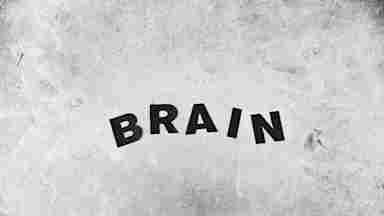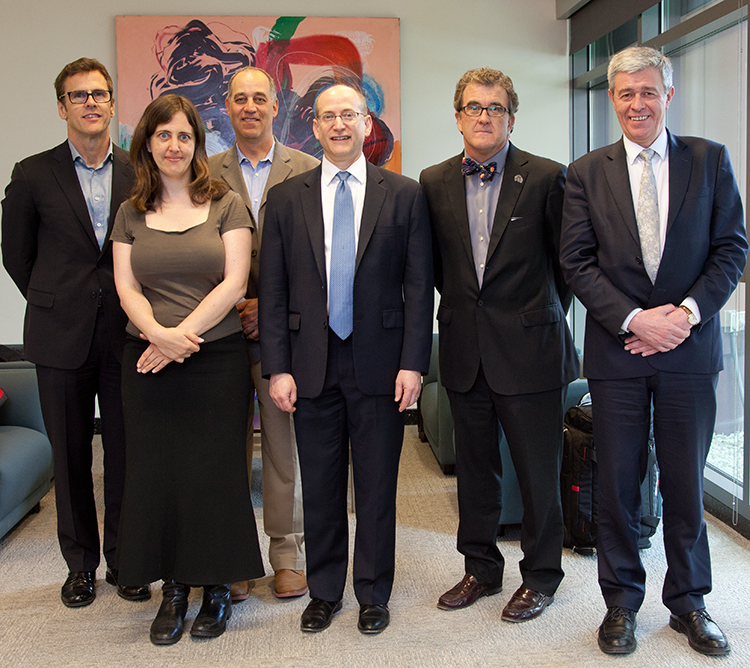10 Breakthroughs from 2016:
- Center for BrainHealth’s “socialization lab” made national news when it was featured by the Today Show
- Dr. Sandra Chapman and her team found brain training may benefit individuals with mild cognitive impairment and bipolar disorder Other research revealed how mental exercise affects your brain differently than physical exercise.
- Dr. Bart Rypma and his lab, working in collaboration with colleagues in Sweden, revealed a link between dopamine and an individual’s ability to recognize faces.
- Dr. Francesca Filbey and her team found that the starting age of marijuana use may have long-term effects on brain development and long-term marijuana use changes the brain's reward circuit.
- Computational psychiatry research from Dr. Xiaosi Gu’s lab demonstrated that the brain's response to nicotine depends on the smoker’s belief about the nicotine content of their cigarette
- The 2016 Reprogramming the Brain to Health Symposium honored Professor Karl Friston, FRS, FMedSci, who is considered the father of modern brain mapping.
- Research from Dr. Daniel Krawczyk’s lab identified complex brain connectivity patterns in individuals that may explain long-term higher order cognitive function deficits in chronic phases of traumatic brain injury.
- The National Multiple Sclerosis Society awarded Dr. Bart Rypma more than $490,000 to study effects of MS on brain blood flow and cognition.
- Dan Branch was honored with the 2016 Legacy Award for his legislative efforts to further higher education in Texas.
- Center for BrainHealth joined an eight-university research collaborative to help simplify medical decision-making for patients with rheumatoid arthritis who may face life-changing choices.


